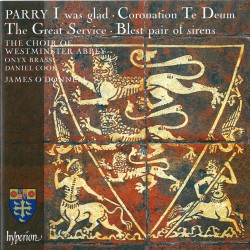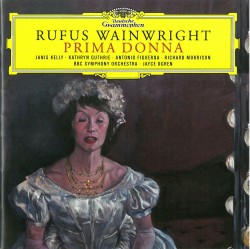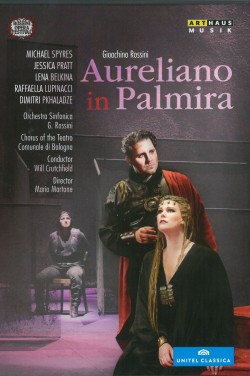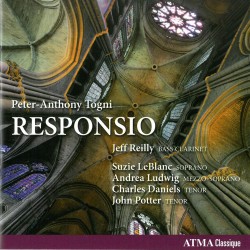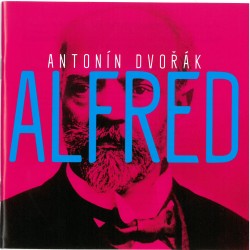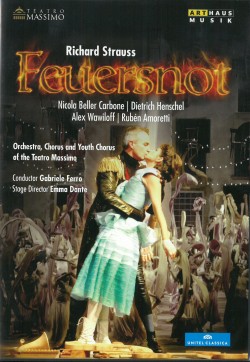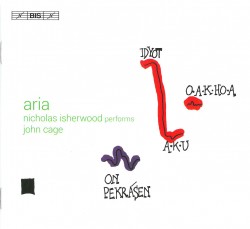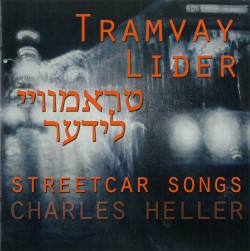Rimsky-Korsakov – The Tsar’s Bride - Peretyatko; Rachvelishvili;Kränzle; Cernoch; Kotscherga; Tomowa-Sintow; Staatkapelle Berlin; Daniel Barenboim
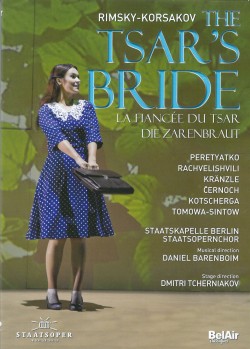 Rimsky-Korsakov – The Tsar’s Bride
Rimsky-Korsakov – The Tsar’s Bride
Peretyatko; Rachvelishvili;Kränzle; Cernoch; Kotscherga; Tomowa-Sintow; Staatkapelle Berlin; Daniel Barenboim
BelAir Classics BAC105
This production was a highlight of the 2013 season in Berlin. One of the reasons was Russian director-genius, Dimitry Tcherniakov (creator of the COC’s unorthodox and spectacular Don Giovanni last February) who has since become a very desirable commodity all over the world. Tcherniakov’s modern concept targets the world of media bosses inventing computer-generated heroes and rounding up beautiful women (remember The Bachelor?) to be chosen against their will to be their wives. His concept chimes in nicely with the gruesome original story and is also very engaging, colourful and spectacular to look at.
Rimsky-Korsakov’s opera The Tsar’s Bride is largely unknown in the West and it is the true story of Ivan the Terrible’s chosen bride who was poisoned soon after their marriage. The opera is strongly dramatic with beautiful melodic invention and is profoundly moving, especially in the hands of Daniel Barenboim, who is packing in sold-out performances one after the other in Berlin and in Milan – at La Scala where Verdi was discovered and where he is referred to these days simply as “The Maestro.”
The celebrated cast is headed by Russia’s latest export, the gorgeous high soprano Olga Peretyatko, still a bit of an unknown quantity to most, but already a star. I’ve watched her in Rossini literally charming the Pesaro audience with her conquering hair-raisingly difficult vocal acrobatics and her spectacular stage presence. It’s almost impossible to outdo her, yet mezzo Anita Rachvelishvili’s deeply felt, heartbreaking performance as the wronged woman gets even more applause at the end. Of the men, German bass-baritone J.M. Kränzle, who is also a great character actor, makes a big impression as a larger-than-life and complex Boyar Grigory. Opera at its best.


